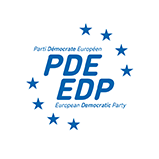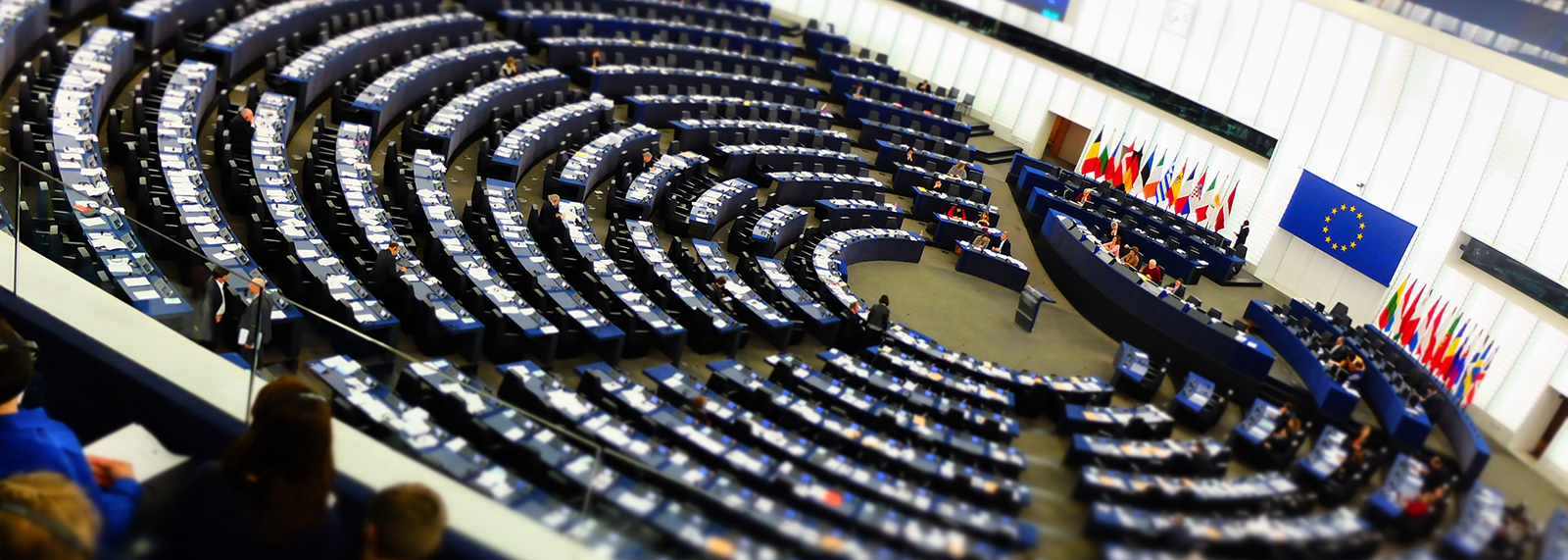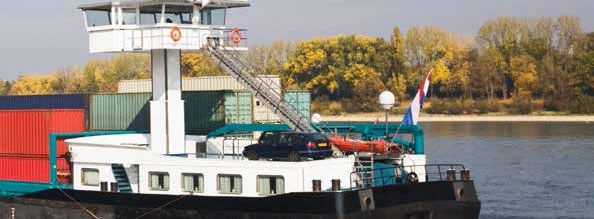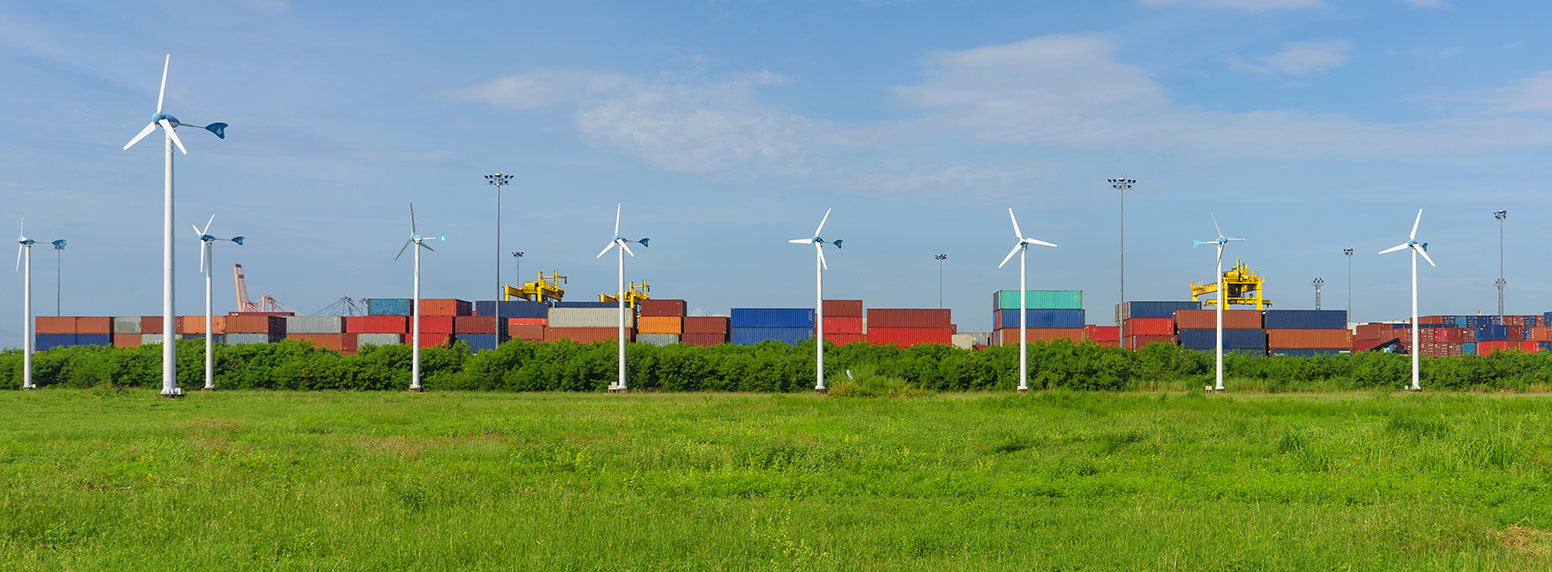Reactivating the Euro zone, the battle for innovation, a European industrial policy
a) A strong and democratically governed euro zone.
Of all the achievements of the European Union, the euro is undoubtedly the greatest. Since its creation, it has fulfilled the tasks attributed to it by the Treaties: ensuring price stability and promoting trade. It also served as a buffer against the shock caused by the 2008 financial crisis, supporting the management of public deficits and creating liquidity to boost growth.
While the success of the euro is not much discussed, the performance of the euro area is more controversial. In recent years, the unemployment rate in the euro area (which includes 19 countries) has been permanently higher than in the 28 countries of the European Union. During the same period - and this is still the case today - the rate of increase in the Gross Domestic Product of the euro area was lower than that of the 28 European Union countries. Moreover, within the area itself, countries diverge more than they converge in terms of performance.
For citizens, the Euro is a real paradox: it embodies what is closest to it (the money in one's pocket) but also what is furthest from it (the currency of an undefined area, managed by autocrats in opaque bodies).
The future of the Euro and the Euro area requires that these differences in perceptions and performance be reconciled.
The EDP proposal to relaunch the Euro area is based in particular on a concerted convergence initiative concerning the pro-European and pro-active members of the Euro area (from 5 to 7 countries), including the Franco-German couple. These countries would jointly define a convergence target for the economic regulatory environment, fiscal principles, social pillar and labour law; they would consult on one or two joint investment projects in the field of innovation, digital sector or the industry of the future (for example, a digital and artificial intelligence agency). They would converge towards this target, each freely, through their national processes, in parallel with each other over a short period of time (3 years); in short, it is a kind of parallel convergence.
The other key to the euro area's relaunch is obviously to develop own resources deducted from national taxes, such as a tax on financial transactions or a tax on GAFANs. This will include the financing of new policies and compensate for the loss of budgetary resources caused by BREXIT.In addition, there is no question of introducing a tax collection system at European level or of increasing the tax burden on European citizens.
For the EDP, it is also possible and desirable, without having to amend the Treaties, to strengthen the governance of the euro area with:
- The creation of an interparliamentary finance committee for the euro area to exercise democratic control. This parliamentary committee would focus on the financial issues of the euro area and its budget. It would be composed of permanent members of the finance committees of the national parliaments and members of the ECON committee of the European Parliament. Its purpose would be to monitor decisions that have a direct impact on the euro area in terms of economic and budgetary issues, as well as to improve the link between the national and European level in budgetary matters.
- The appointment of a Vice-President of the European Commission, with particular responsibility for the euro area, in direct dialogue with the national parliaments concerned and the interparliamentary committee.
To tackle future crises the EU must complete the European Monetary Union with a comprehensive Banking Union, including a European Deposit Insurance Scheme.
b) Investing in Research and Innovation
Research and Innovation have always played a decisive role in business competitiveness and economic growth. This is even more true today in this period of technological upheaval, unprecedented challenges to protect the planet from global warming, new security and defence threats, stronger public aspirations for a real quality of life and greater respect for the environment.
Europe must do more to address these challenges.
Indeed, the EU's share of GDP devoted to research and development is only 2.03%, almost one percent below its stated target (3%). Worse still, 17 of the 28 Member States devote less than 1.5% of their GDP to it. Overall, the EU is almost 1% behind the US and 1.5% behind Japan, not to mention China.
The EDP wants the EU to remain a leading global economic power. That's why the EDP is asking:
- To increase the resources devoted to the future European Research Framework Programme (Horizon Europe) to at least 120 billion euros;
- To increase the share devoted to research and innovation in the use of the Structural Funds;
- To allocate to the future Community Investment Fund (Invest EU) the resources necessary to encourage the private sector to invest a maximum additional €200 billion over the next 7 years in research and innovation.
- To launch an ambitious new programme to support the digital economy and artificial intelligence.
- To focus the ERDF funds mostly on knowledge infrastructure.
c) Implementing a real industrial policy
For centuries, industry was the basis of the power of European states, particularly in the 19th and 20th centuries. This is still the case today, even though the service sector has gradually taken on a prominent role.
The figures speak for themselves. European industry provides employment for more than 30 million people. It produces 17% of the value added and created in Europe and represents nearly 70% of its total exports. Each job in the industrial sector contributes to the direct or indirect creation of two other jobs in the value chain. Despite this, it cannot be said that there is a real industrial policy in Europe. The only one that existed - for coal and steel - was written off.
It is true that the EU remains among the world leaders in many sectors: chemicals, pharmaceuticals, metal manufacturing, transport (air, rail, road), etc. But we are lagging behind the USA in the sectors of the future and threatened by China's rise to power.
An urgent reaction is needed. The EDP suggests:
- The development and implementation of a strategy for the development of European industry in the key sectors of the future: digital, artificial intelligence, low-carbon technology, space...
- The implementation of a system for prior authorisation for attempted takeovers by foreign investors in European companies and infrastructures defined as strategic.
- The review of the current competition rules so as not to hinder the formation of European giants by companies operating on the world market.
- The introduction of a faster and more effective anti-dumping system to sanction imports that do not comply with the rules of fair competition.













